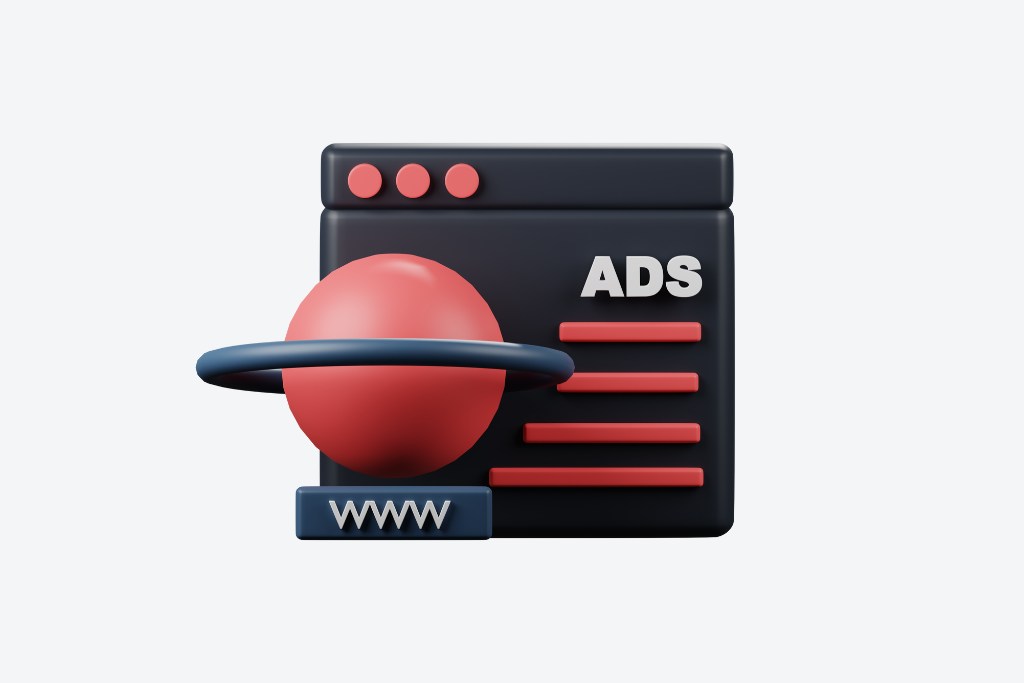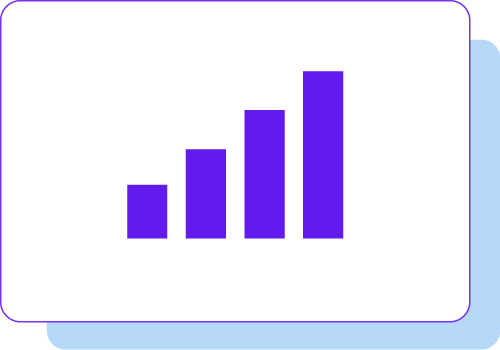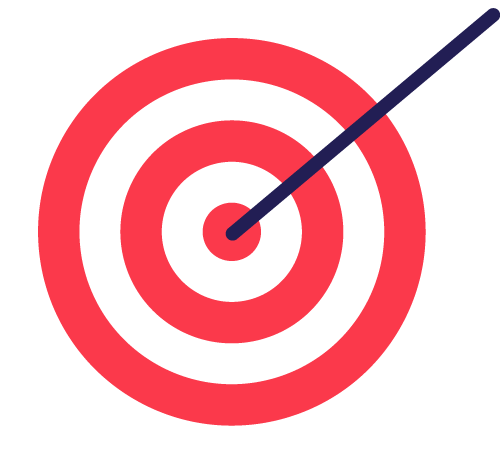Blog
Whether you are a veteran of marketing solutions or completely new to the game, we guarantee that you will find the content interesting.
Recent Posts

5 advantages of Advertising in Google Ads

What is marketing?

What exactly is On-Page SEO?
On-page SEO (On-site SEO) refers to techniques and ” best practices ” that you can implement on your website to improve it in search engines. It is an important part of search engine optimization (SEO) and involves optimizing the content and technical elements of your website so that search engines can understand what your site is about and what type of content it offers to visitors. Search engines aim to deliver the best and most relevant results for their users, so on-page SEO helps ensure that search engines can identify and assess the quality of the content on your page.

What should one think about?
Here is a list of the most important elements you should focus on when working with on-page SEO:
- Content: It is important to create content that is relevant and valuable to users. This includes writing in-depth and informative content and optimizing the texts for keywords. Keyword optimization means that you include keywords in the text that are relevant to your page and that users will search for.
- Title tags: Title tags, also known as title tags, is an HTML code that describes the content of the page. They appear in search engine responses and help search engines understand what your page is about. It is important to create a descriptive title tag that includes the keyword relevant to your page.
- Meta descriptions: Meta descriptions are short descriptions of the content of the page. They also appear in search engine responses and help search engines and users understand what your page is about. It is important to create a meta description that is descriptive and includes relevant keywords. Structured data:
- Structured data, also known as schema, is a form of metadata that you can add to the HTML code of your page. Structured data helps search engines understand the content of your page in a more detailed way, so they can display more relevant information in the search results.
- Image and URL optimization: It is important to optimize images and URLs for search engines. This includes giving the images descriptive file names and alt texts and creating descriptive and short URLs that include keywords. This helps improve search engine perception of the content on your page and helps search engines deliver more relevant results to users.
- Internal Links: Internal links help users navigate your site and also help search engines understand the interrelationship between the pages on your site. It is important to create a good structure for internal links and to include descriptive text to help search engines understand what the links lead to.
- Loading speed: Loading speed affects both user experience and search engine ranking. It is important to ensure that your website loads quickly to improve the user experience and to ensure that search engines do not drag down your ranking. You can improve loading speed by compressing images, reducing the size of HTML, CSS, and JavaScript files, and by using a good web hosting service.
- Mobile-friendliness: Mobile-friendliness is important for both users and search engines. Search engines favor websites that are optimized for mobile, so it’s important to make sure your website looks good and performs well on mobile devices. You can test mobile friendliness using tools such as Google’s Mobile Friendly Tool.
What results can be expected?
Focusing on on-page SEO will help improve your search engine rankings, increase the visibility of your website, and increase traffic to your site. It requires continuous work and follow-up to maintain and improve results, but it is an important investment to ensure the long-term success of your website.
It is important to note that on-page SEO is only part of the big picture of SEO. To achieve the best possible results, you should also focus on off-page SEO, which includes factors such as links to your website, social media, and online mentions. A combination of on-page and off-page SEO will help ensure a complete SEO strategy and increase the likelihood that your website will rank higher in search results.
It is important to maintain the work!
It is also important to update and maintain your website content regularly, as search engines prefer websites that are up-to-date and relevant. Regularly updating the content on your website will also help increase traffic and build trust with users.
It is important to note that on-page SEO does not provide immediate results. It may take time to see improvements in search results, but by following best practices and by focusing on delivering high quality content, you will likely see an increase in rankings over time.
To conclude, on-page SEO is an important part of a complete SEO strategy and should not be underestimated. By focusing on important elements such as content, title tags, meta descriptions, structured data, image and URL optimization, you will help ensure that search engines understand and rank your site more effectively, which can result in better visibility and increased organic traffic to your site.
For those of you who have reached this far down in the article, you can see here the traffic that has resulted exclusively from this blog post (3 months after it was written), thanks to the focus on SEO in the article;










